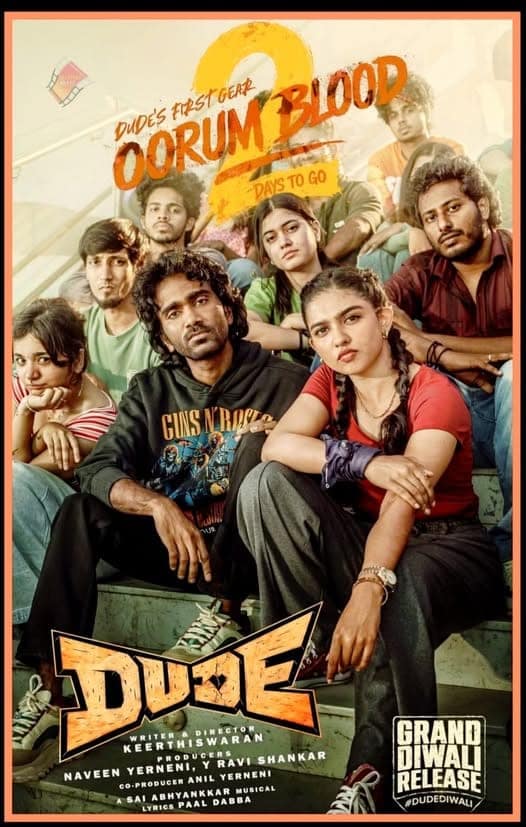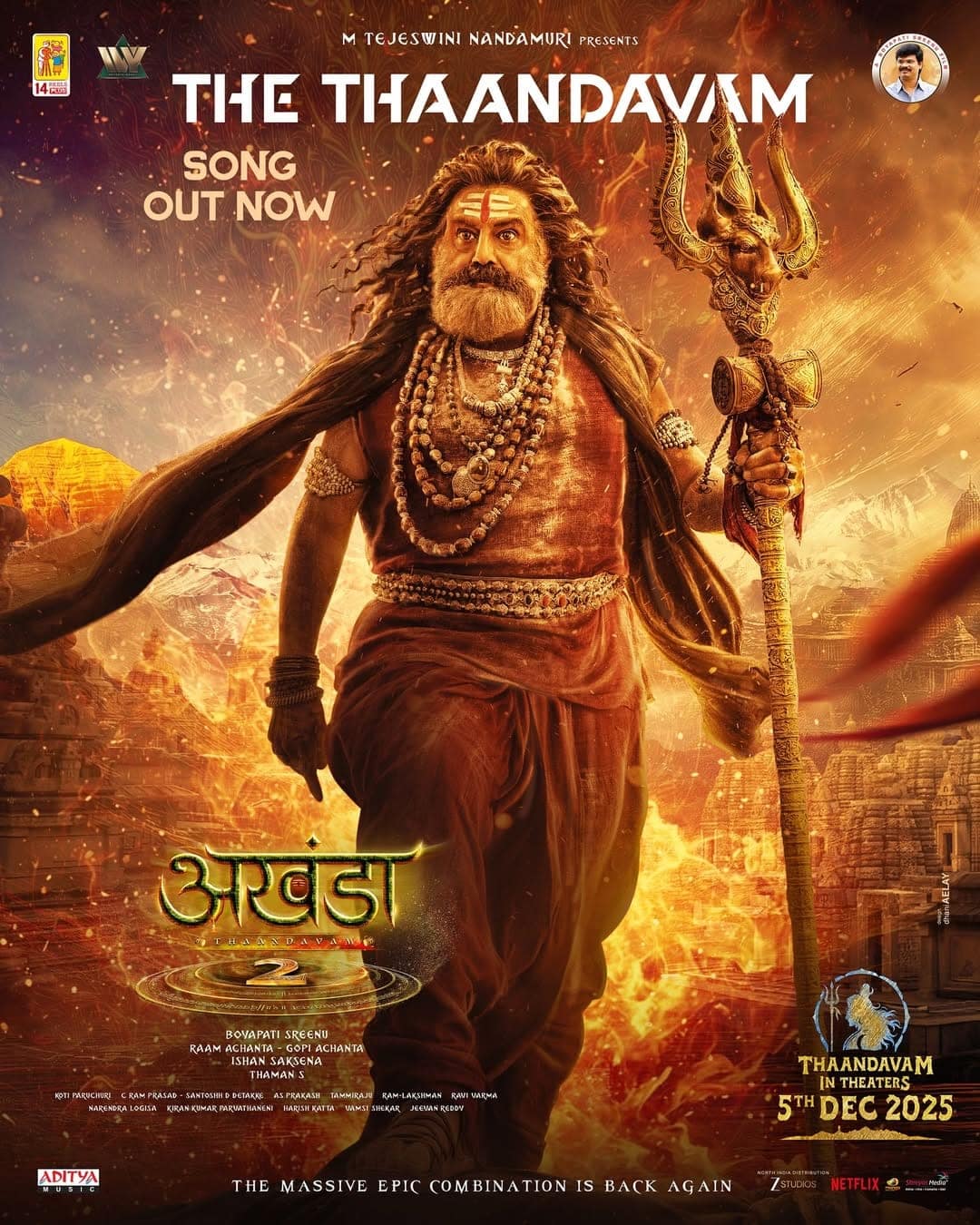
GreatActing | Inspiring | AwesomeStory
Cinetally
Summary
Dude begins as a fun, youth-centric drama built around friendship, family bonds and light romance. The story follows Agan and Kural, two cousins who run an event business and live a carefree life.
The first half is filled with humour and colourful scenes, while the second half explores deeper feelings like love, responsibility and choices. Pradeep Ranganathan brings charm to the role, while Mamitha Baiju adds sincerity and warmth.
⭐ DUDE Movie Review – A Fresh Gen-Z Tamil Romantic Drama Stealing Hearts This Diwali
Dude is a vibrant Tamil romantic drama that has quickly become a favourite among Gen-Z audiences. Directed by Keerthiswaran, the film blends youthful energy, colourful visuals, emotional depth, and fun-filled moments — making it one of the most talked-about Tamil releases. Searches for “Dude movie review”, “Pradeep Ranganathan new movie”, and “Dude box office collection” are trending across social media and Google right now.
The story revolves around Agan and Kural, two cousins who share a deep and playful bond. Their carefree lifestyle takes an unexpected turn when emotions, love, and family traditions begin to clash.
What begins as a light-hearted comedy slowly transforms into a heartfelt drama
🌟 Standout Performances
- Pradeep Ranganathan delivers an effortless performance with natural acting, humour, and perfect comic timing.
- Mamitha Baiju adds freshness and depth, shining in emotional scenes.
- Sarathkumar brings strong screen presence and elevates the dramatic moments with maturity.
Final Verdict
Dude is colourful, entertaining, and emotionally rich — the perfect watch for Diwali and beyond. With strong performances, youthful storytelling, and high relatability, it’s a solid family-and-youth entertainer that leaves a warm impact.
Budget vs Profit
| Item | Amount |
| Budget | ₹ 30 Cr |
| Worldwide Gross | ₹ 102 Cr |
| Profit | ₹ 72 Cr |
Box Office Collection (Day 1 – Day 7)
| Day | Collection |
| Day 1 | ₹ 12.5 Cr |
| Day 2 | ₹ 14.2 Cr |
| Day 3 | ₹ 16.8 Cr |
| Day 4 | ₹ 11.1 Cr |
| Day 5 | ₹ 9.4 Cr |
| Day 6 | ₹ 8.1 Cr |
| Day 7 | ₹ 7.3 Cr |
Overall Box Office Performance
| Phase | Earnings |
| Week 1 Total | ₹ 61.0 Cr |
| Week 2 Total | ₹ 27.8 Cr |
| Month Total | ₹ 96.5 Cr |
| Lifetime Gross | ₹ 102 Cr |
1. Who is the director of DUDE (2025)?
2. Who plays the lead roles in DUDE?
Mamitha Baiju as the female lead
R. Sarathkumar in a key supporting role



